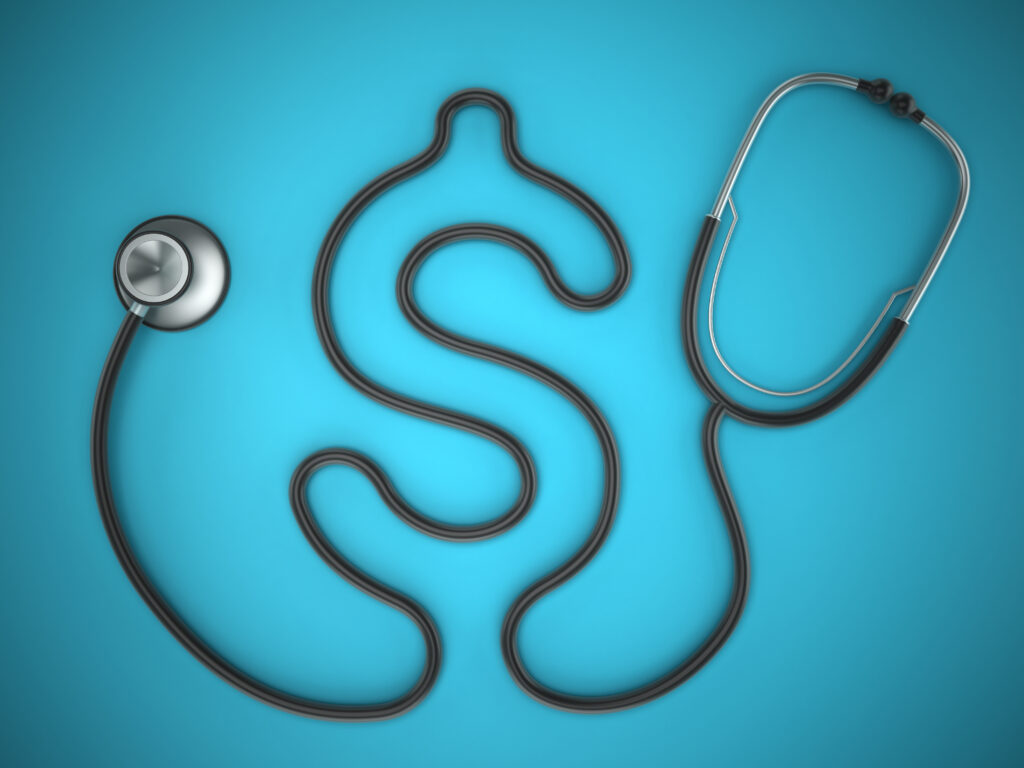[ad_1]
Shares of what may be America’s most powerful healthcare company have declined due to controversy and regulatory threats.
The U.S. healthcare system is a behemoth — in 2023, industrywide expenditures totaled $4.9 trillion, or $14,570 per American. UnitedHealth Group (UNH -0.23%) is at the industry’s center. The healthcare insurance and services giant is one of the world’s largest companies, generating over $389 billion in annual revenue.
Recently, UnitedHealth Group has been in the news after the CEO of the company’s insurance segment was killed in New York City. The stock has declined over 15% since the tragedy in early December.
U.S. healthcare can be a controversial topic. Therefore, investors must respectfully look beyond the recent events and political controversy surrounding healthcare and focus on the facts and fundamentals of the business.
Is UnitedHealth Group a buy? I weighed the numbers and risks to find out. Here is what you need to know.
UnitedHealth Group boasts exceptional fundamentals as a core pillar of a lucrative healthcare system
Healthcare in America is a complex system with various layers. But follow the crumbs long enough, and you’ll probably run into UnitedHealth Group. The company functions as two primary business units: UnitedHealthcare, one of the industry’s largest health insurance companies, and Optum, which provides patient care, provider services and analytics, and prescription benefit management. In other words, UnitedHealth Group is virtually everywhere throughout the industry.
The company’s sprawling size gives it leverage over its customers and a competitive edge that has fueled growth for decades. During its lifetime, the stock has turned a single $100 investment into over $447,000!

UNH Revenue (TTM) data by YCharts
Financially, UnitedHealth Group is impressive. Its AA- credit rating is comfortably in investment-grade territory, and the business prints billions of dollars in cash flow, which it uses to pay a growing dividend (15 consecutive annual increases) and repurchase shares.
Despite its size, UnitedHealth Group keeps growing. The company’s management forecasts long-term annualized earnings growth of 13% to 16%. It’s no wonder people have gotten remarkably wealthy by buying and holding the stock over the years.
Regulatory threats could be on the horizon
For such a powerful company, its gravest threat isn’t competition — it’s its regulators.
Healthcare is highly political due to its importance and steadily rising costs. According to the West Health-Gallup Healthcare Affordability Index, healthcare has grown increasingly unaffordable among U.S. adults over the past few years.
Financial strain can raise the temperature of a conversation. It never justifies what happened to the UnitedHealthcare CEO or any violence. However, it has (right, wrong, or indifferent) thrust healthcare into the political spotlight during a transition to a new government administration that seems unafraid to drive change in the country.
A couple of U.S. senators recently introduced the Patients Before Monopolies (PBM) Act, a bipartisan bill aimed at companies like UnitedHealth Group that own or control multiple layers of the healthcare industry. Among other things, the bill prohibits health insurers from joint ownership of both a pharmacy benefit management busness and their own pharmacy operations, so (hypothetically speaking) UnitedHealth Group would likely have to spin off its part of its Optum unit to comply if the bill became law. The bill’s introduction came roughly a week after the CEO’s killing, though that could be a coincidence.
This wouldn’t be the first time healthcare’s most powerful companies faced scrutiny. Still, it is a potentially volatile time in politics that could open the door for legislation to pass that might impact UnitedHealth Group.
Is the stock a buy?
I don’t think there’s much debate that UnitedHealth Group is a fundamentally strong business with clear competitive advantages, growth, and profitability that have translated to outsized investment returns over time. At the same time, investors must accept the regulatory risk inherent in stocks like UnitedHealth Group. It’s fair to look for a margin of safety, buying the stock at a lower price than you might otherwise, to account for the added risks of regulation.
Management recently told investors it expects the company to earn approximately $29.50 to $30 per share (non-GAAP) in 2025. That values the stock at a forward P/E ratio of 17. Based on management’s forecasted earnings growth rate, the stock’s PEG ratio would be 1.1 to 1.3. The PEG ratio compares a stock’s valuation to the company’s anticipated growth rate (a lower ratio means better value).
I usually don’t mind buying high-quality stocks at PEG ratios up to 2 to 2.5. UnitedHealth Group’s business certainly earns that quality label. However, shares trade at a far lower PEG ratio, so I think it’s a buy now. The stock seems appropriately discounted to reasonably account for potential regulatory threats, though not everyone may agree.
[ad_2]
Source link

